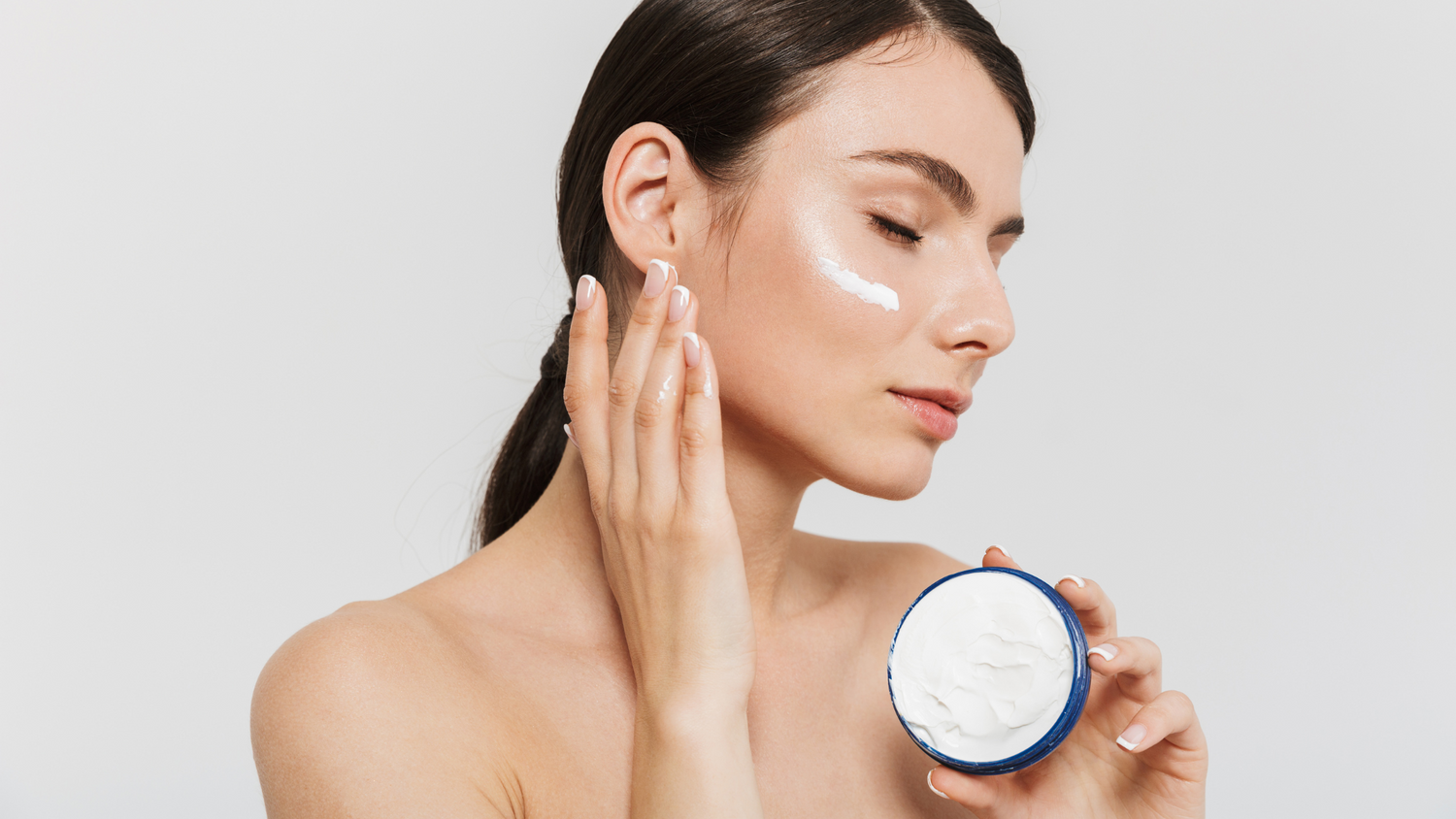If your skin often reacts with redness, dryness, itching, or sudden flare-ups, it may be telling you something important that your skin barrier needs care. Sensitive skin is not just a skin type it is a condition where the skin’s outer layer becomes vulnerable and less effective at protection.
A healthy skin barrier keeps moisture in and irritants out. But when this barrier is weakened, even gentle products or small environmental changes can trigger discomfort. That’s why building a skincare routine that protects and strengthens your skin barrier is the most important step in managing sensitivity.
Here’s how to create a barrier-safe routine that works with your skin, not against it.
Start with a non-stripping, barrier-safe cleanser
Cleansing is the foundation of any skincare routine, but for sensitive skin, harsh cleansing can cause immediate damage. Many face washes contain sulfates, drying alcohols, and artificial fragrances all of which can disturb your skin’s protective barrier.
Look for a pH-balanced cleanser that is free from foaming agents and does not leave your skin feeling dry or tight. Instead of deep-cleaning or exfoliating formulas, opt for products that maintain your skin’s natural oils while gently removing dirt and buildup.
Wash your face twice a day once in the morning and once before bed with lukewarm water. Hot water can strip away essential lipids and increase irritation.
Follow with a moisturiser that repairs and strengthens
Sensitive skin loses hydration more easily due to a compromised barrier. That is why moisturising is a non-negotiable step. But not every moisturiser is suitable for sensitive skin.
Choose a formulation that is free from fragrance, essential oils, parabens, and alcohol. Instead, look for ingredients that calm the skin and help rebuild the lipid barrier. These types of moisturisers not only provide hydration but also create a seal that prevents water loss and protects against environmental triggers.
Apply moisturiser immediately after cleansing while the skin is still slightly damp. This helps trap moisture and prevents water loss, keeping your skin comfortable for longer hours.
Sunscreen is essential even for indoor days
UV exposure can weaken the skin barrier, trigger flare-ups, and increase inflammation. For sensitive skin, using sunscreen every day is essential, even if you’re mostly indoors. Blue light from screens and indirect sunlight can still impact your skin health.
Choose a broad-spectrum sunscreen with SPF 30 or higher. Look for mineral or physical sunscreens with zinc oxide or titanium dioxide. These ingredients sit on the surface of the skin and reflect UV rays without causing irritation. Avoid sunscreens with alcohol, synthetic fragrance, or harsh chemical filters.
Reapply every two to three hours if you’re outdoors, and don’t skip this step sun protection helps sensitive skin become more stable over time.
Introduce new products slowly and cautiously
Sensitive skin does not respond well to sudden changes. If you want to try a new product, always introduce it one at a time and monitor your skin’s response over at least a week.
Patch testing is a helpful step apply a small amount of the product to the side of your jaw or behind your ear and wait 24 to 48 hours. If your skin does not react, it’s generally safe to continue using.
Avoid layering too many active ingredients. Products with exfoliating acids, retinoids, or strong botanicals can disrupt the skin barrier. Simplicity is key build your routine around hydration, barrier repair, and protection.
Strengthen your skin microbiome
One often overlooked aspect of sensitive skin is the skin microbiome a layer of good bacteria that helps maintain balance and defend against irritants. When this microbiome is disturbed, your skin may become more reactive and prone to sensitivity.
Choose microbiome-friendly products that support your skin’s natural flora. These help reduce inflammation, improve hydration, and build long-term resilience. A balanced microbiome is one of the most effective ways to keep sensitive skin calm and healthy.
Adjust your habits, not just your products
The right skincare is important, but your daily habits also influence how your skin feels. Here are a few barrier-protective practices to follow:
-
Use a soft towel and pat your face dry, never rub
-
Avoid hot showers or excessive steaming
-
Wash pillowcases and face towels frequently with mild detergents
-
Sleep in a clean, cool environment with minimal dust
-
Drink enough water to stay hydrated from within
These small lifestyle changes can help reduce the chances of flare-ups and make your skincare routine more effective.
A barrier-safe routine is the foundation of comfort
Caring for sensitive skin requires patience, consistency, and the right products. A barrier-focused routine does not promise overnight results, but it helps your skin become more stable, comfortable, and less reactive over time.
When you prioritize skin health over trends, your skin begins to respond with calmness and clarity. This shift toward balance is what sensitive skin truly needs not harsh treatments, but thoughtful protection.
Explore our barrier-focused, microbiome-friendly products made for sensitive skin. Every formula is thoughtfully designed to reduce irritation, restore balance, and support long term skin health.




